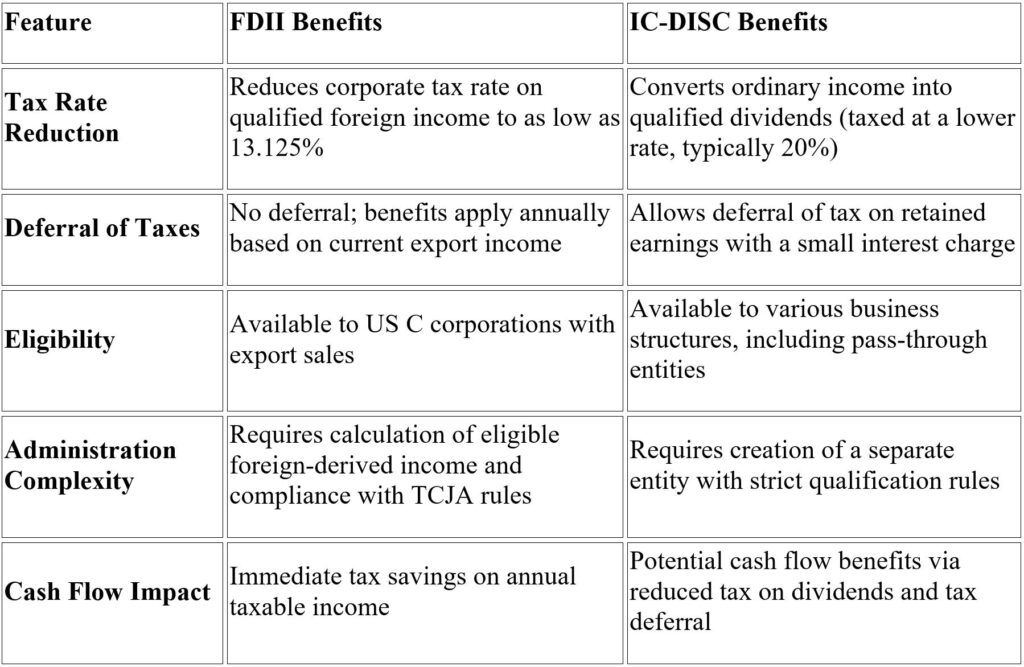The increasing popularity of online shopping has made e-commerce businesses – specifically those in the alcohol beverage industry – a frequent target for costly litigation. In lockstep with the continued prevalence of website accessibility cases, plaintiff firms are sending pre-suit demand letters to alcohol suppliers and, in some cases, filing a state or federal court lawsuit. These lawsuits, which are typically filed in California, Florida, or New York, involve claims that a supplier’s website is not accessible to individuals who are blind in violation of Title III of the Americans with Disabilities Act (ADA) and related state laws. In these cases, plaintiffs seek attorneys’ fees, damages (only under state law), and injunctive relief that would require the website to conform with the Web Content Accessibility Guidelines (WCAG) standards, which have been broadly adopted by courts and regulators.
While many e-commerce companies, including alcohol suppliers, have turned to “accessibility widgets” to improve WCAG compliance, these quick-fix solutions are not always what they seem. More than 25% of all website accessibility lawsuits in 2024 (more than 1,000) were brought against businesses that used widgets, with many plaintiffs explicitly citing widget features as alleged obstacles to accessibility. Widget developers have also faced scrutiny. The Federal Trade Commission recently leveled a $1 million fine against one such company for falsely claiming that its widgets “make any website complaint.” Therefore, relying solely on widgets to comply with WCAG standards has proven ineffective and could render e-commerce businesses vulnerable to website accessibility lawsuits.
To prevail on a website accessibility claim, plaintiffs must first show that a defendant is a private entity that owns, leases, or operates a “place of public accommodation.” Courts, however, are split on what it means for a website to be considered a place of public accommodation under Title III of the ADA. While some jurisdictions require a “physical nexus” between the website and a brick-and-mortar store, other jurisdictions have permitted these cases to go forward against a website-only company that does not own or operate any physical retail location. Even so, the “physical nexus” test is applied by a majority of federal courts and was recently adopted by the most active court for ADA website litigation in the country: the US District Court for the Southern District of New York. This development will likely add to an emerging trend of website accessibility plaintiffs resorting to state courts in search of more favorable laws.
In addition to establishing that the supplier’s website is a place of public accommodation, the plaintiff must satisfy certain jurisdictional requirements that will depend on whether products can be purchased directly from the website and whether the supplier ships to the state in which the suit was filed. Leveraging these defenses (among others) will be critical when it comes to either convincing the plaintiff to withdraw the claim, filing a motion to dismiss, or achieving an early resolution on favorable terms.
Due to [...]
Continue Reading

 Continue Reading
Continue Reading

